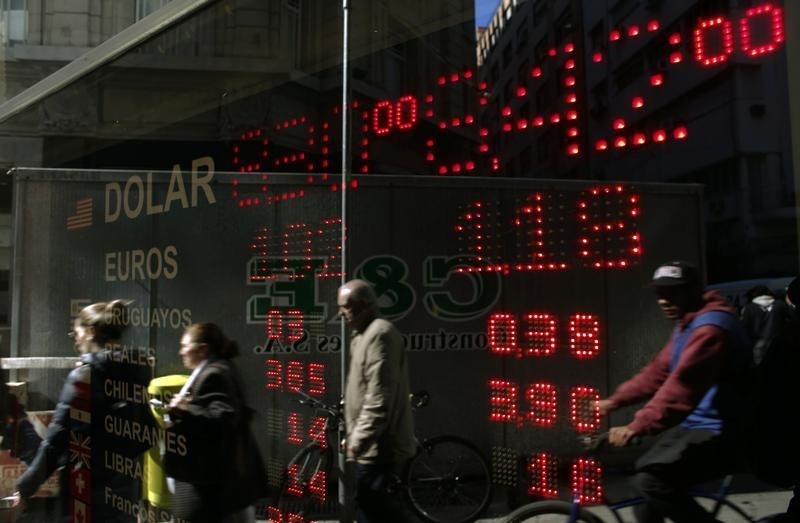 © Reuters. Chinese cryptocurrency exchanges begin withdrawing accounts after veto
© Reuters. Chinese cryptocurrency exchanges begin withdrawing accounts after vetoBEIJING, Sept. 27 (.) – Chinese cryptocurrency exchanges began withdrawing their users’ accounts in China after the Asian country’s authorities declared transactions, mining and advertising “illegal and criminal” on Friday. .
Thus, companies such as Huobi Global, which operates one of the largest cryptocurrency exchanges in the world, announced last night in a statement that they will “gradually” withdraw existing user accounts in mainland China.
According to the note, the company has already stopped accepting new accounts and asserts that it will “respect” all Chinese laws regarding cryptocurrency.
Similar announcements were made by other Chinese platforms in this sector such as Loopring, Binance and Token (T 🙂 Pocket on Sunday.
Specifically, Loopring asserts that it has stopped providing transaction services to its Chinese users, while Token Pocket asserts that it will “actively” cooperate with relevant departments to “investigate and monitor” the implementation of the veto.
The major cryptocurrencies in the market, el and ether, recovered on Monday from the sharp declines recorded last Friday, when the government of China declared all transactions with cryptocurrencies in its territory illegal.
Bitcoin is up 0.37% today at $43,594.90, while Ether added 3.18% to $3,093.72.
On Friday, the People’s Bank of China (BPC) and nine other government institutions – including the Internet regulator or the ministry responsible for intelligence work – listed “illegal and criminal” activities resulting from “virtual currency transactions”.
The regulators have specifically targeted money laundering, illegal fundraising, fraud, or pyramid schemes, ensuring that these types of crimes committed in cryptocurrency “put citizens’ property at serious risk.”
The BPC specifically mentioned bitcoin and ether, as well as “other virtual currencies issued by non-monetary authorities,” to remind that their status is not the same as that of fiat currencies, and therefore “cannot be traded on the market as a currency.”
The document also calls on the country’s local authorities to “strengthen oversight” in order to prevent and eliminate “speculative risks”.
Last May, Beijing already banned financial institutions and other companies in the sector from providing services for this type of transaction.
A month later, several regions in China halted crypto mining operations at the request of the government, citing concerns about high electricity consumption and pollutant emissions from its production.
Since then, many Chinese “miners” – who came to control more than 65% of the world’s computing power destined for bitcoin – have chosen to move their operations abroad.

“Beeraholic. Friend of animals everywhere. Evil web scholar. Zombie maven.”
